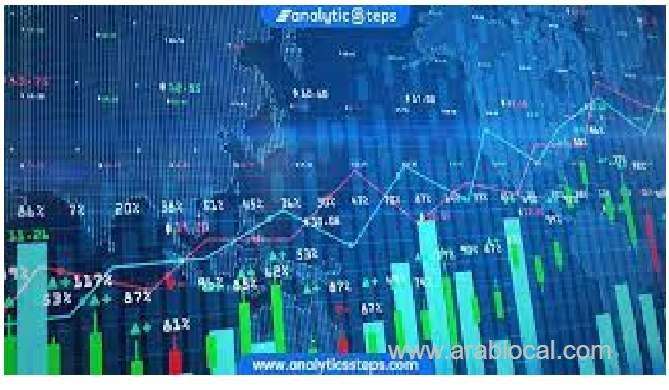Stock trading markets are highly dynamic and influenced by a multitude of factors that shape their behavior and performance. Understanding these factors is essential for investors, traders, and financial analysts to make informed decisions and navigate the intricate world of stock trading. In this article, we will explore the most significant factors that impact stock trading markets, shedding light on their importance and interplay.
1. Economic Indicators:
Economic indicators play a pivotal role in shaping stock trading market movements. Key indicators include GDP growth rates, inflation, interest rates, employment figures, and consumer sentiment. Positive economic data often leads to increased investor confidence, boosting stock prices. Conversely, negative economic indicators can trigger market declines and volatility.
2. Corporate Earnings:
The financial performance of individual companies is a crucial driver of stock market behavior. Corporate earnings reports, revenue growth, profit margins, and guidance often dictate investor sentiment and influence stock prices. Strong earnings can propel stock markets upward, while disappointing results can lead to sell-offs and market downturns.
3. Interest Rates and Monetary Policy:
Monetary policy decisions by central banks, particularly changes in interest rates, have a significant impact on stock trading markets. Lower interest rates encourage borrowing, investment, and economic growth, stimulating the stock market. Conversely, higher interest rates may dampen borrowing and spending, leading to a slowdown in the stock market.
4. Geopolitical Events:
Geopolitical events and news such as political instability, trade disputes, and conflicts, can have far-reaching consequences for stock markets. These events introduce uncertainty and can disrupt global trade, supply chains, and investor sentiment. Major geopolitical developments often trigger market volatility and impact specific sectors or industries more than others.
5. Investor Sentiment and Market Psychology:
The collective psychology and sentiment of investors greatly influence stock trading markets. Fear, greed, and market sentiment can lead to herd behavior, resulting in exaggerated market movements. Emotional reactions to news, rumors, or market trends can cause rapid price fluctuations and create either buying opportunities or selling pressures.
6. Market Liquidity and Trading Volumes:
Market liquidity the ease with which securities can be bought or sold, is a crucial factor affecting stock trading markets. Higher liquidity generally leads to smoother market operations and tighter bid-ask spreads. Conversely, low liquidity can increase volatility and make it more challenging for large investors to enter or exit positions without impacting prices significantly.
7. Technological Advancements and Algorithmic Trading:
Advancements in technology have revolutionized stock trading markets. Algorithmic trading, high-frequency trading, and automated systems now account for a substantial portion of trading volumes. These technologies can contribute to increased market efficiency, liquidity, and volatility. However, they can also amplify market movements and lead to flash crashes or unintended consequences.
8. Regulatory Changes and Government Policies:
Regulatory changes and government policies can significantly impact stock trading markets. Policies related to taxation, industry regulations, trade agreements, or financial regulations can create winners and losers among companies and sectors, influencing stock prices. Investors need to stay informed about potential policy changes that may affect their investment portfolios.
Conclusion:
Stock trading markets are influenced by a myriad of factors that interact and shape their behavior. Economic indicators, corporate earnings, interest rates, geopolitical events, investor sentiment, market liquidity, technological advancements, and government policies all leave their imprint on the market's performance. Understanding these factors and their interplay is crucial for investors seeking to make informed decisions and navigate the complexities of stock trading. By staying abreast of these influential factors, market participants can position themselves for success and effectively manage risks in an ever-changing trading environment.



